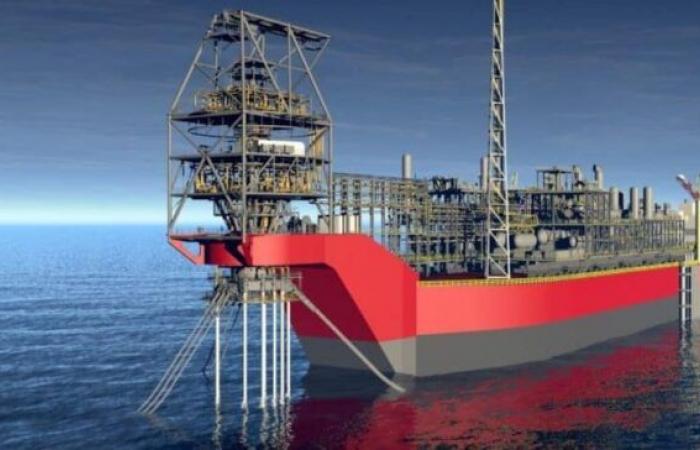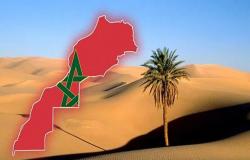It is now official: the first well of the GTA deposit is open. Senegal and Mauritania, which share this deposit, are thus positioning themselves as major players in the regional energy industry.
« Guarantee optimal and transparent exploitation of oil and gas resources, for the benefit of the national economy and current and future generations », Declared President Bassirou Diomaye Faye on Tuesday during his New Year’s speech. This announcement was followed by concrete actions: Senegal and Mauritania have taken a decisive step, with the opening of the first well in their common marine deposit, marking a turning point towards the commercialization of gas, according to a joint press release published this Wednesday .
« The Ministries responsible for Energy in Mauritania and Senegal, Petrosen and the Société Mauritanienne des Hydrocarbures (SMH), proudly announce the official opening of the first well of the GTA deposit », Indicates the press release.
« The achievement of this important milestone constitutes a major step in the successful completion of the GTA project and consolidates the exemplary partnership between Mauritania and Senegal, now called upon to play a key role in the regional energy industry. », Continues the document dated from Dakar and Nouakchott.
« We are in the testing phase » for the imminent start of production on the GTA project, a source involved in the management of the sector said on Wednesday.
The Grand Tortue/Ahmeyim (GTA) project, located on the maritime border between Mauritania and Senegal, is being developed by the British company BP, in partnership with the American Kosmos Energy, SMH and Petrosen. This project is expected to produce approximately 2.5 million tonnes of liquefied natural gas (LNG) per year. Initially scheduled for the end of 2024, production was pushed back to 2025, without further details.
The opening of this first well “ paves the way for the start of gas marketing, planned very soon », Adds the press release.
Senegal officially joined the circle of hydrocarbon producing countries last June with the start of oil extraction from the Sangomar field, operated by the Australian company Woodside. Located in deep waters, approximately 100 km south of Dakar, this field contains oil and gas. Launched in 2020, its development required around $5 billion in investments and targets production of 100,000 barrels per day.
Oil and gas production in Senegal will be intended for both export and domestic consumption. Although the volumes produced remain modest compared to those of major African producers such as Nigeria, Senegal anticipates revenues of several billion dollars, accompanied by an accelerated transformation of its economy.
Finally, the new Senegalese authorities announced an audit of oil and gas contracts, affirming their commitment to transparency and fairness.
leSoleil-sn, with AFP






